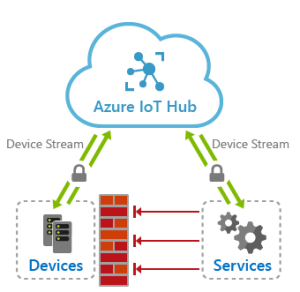How to Choose the Right Computer Processor for Your Needs
When it comes to buying a new computer, one of the most important decisions you’ll have to make is choosing the right processor. The processor is often referred to as the “brain” of the computer, as it is responsible for executing instructions and performing calculations. With so many options available in the market, selecting the perfect processor can be a daunting task. In this article, we will guide you through the process of choosing the right computer processor for your needs, helping you make an informed decision.
Consider Your Usage Requirements
The first step in selecting the right processor is understanding your usage requirements. Ask yourself questions like: What will you be using the computer for? Will it be mainly for basic tasks such as web browsing, word processing, and emailing? Or do you have more demanding needs like gaming, video editing, or 3D modeling? The answers to these questions will determine the level of processing power you require.
Know the Different Processor Types
There are various types of processors available, each designed to cater to different needs. Here are some of the most common types:
Intel Core i3/i5/i7/i9: These processors are known for their excellent performance in both everyday tasks and demanding applications. They are suitable for most users, from casual users to professionals.
AMD Ryzen: AMD processors offer competitive performance at a more affordable price point compared to Intel processors. They are ideal for multitasking and running resource-intensive applications.
Intel Xeon and AMD Threadripper: These processors are designed for workstations and servers that require exceptional performance for heavy-duty tasks like video editing, 3D rendering, and data analysis.
Consider Clock Speed and Cores
The clock speed and the number of cores are two crucial factors to consider when choosing a processor. Clock speed refers to how fast a processor can execute instructions, measured in GHz. Higher clock speeds generally result in faster performance. Cores, on the other hand, determine the number of independent processing units within a processor. Processors with multiple cores can handle several tasks simultaneously, providing improved multitasking capabilities.
Take Thermal Design Power into Account
Thermal Design Power (TDP) is a measurement of the maximum amount of heat a processor generates under normal operating conditions. It is crucial to choose a processor with an appropriate TDP for your computer’s cooling solution. High TDP processors might require more robust cooling mechanisms to avoid overheating issues.
Consider Compatibility and Future Upgradability
Make sure to check the compatibility of the processor with the motherboard and other computer components before making a purchase. Additionally, it is always wise to consider future upgradability. Opting for a processor with a compatible socket can ensure that you have the option to upgrade your processor in the future without replacing the entire system.
Research and Compare Performance Benchmarks
Lastly, don’t forget to research and compare performance benchmarks of different processors. Websites and tech forums often provide detailed benchmark results, allowing you to compare the performance of different processors in real-world scenarios. These benchmarks can give you valuable insights into how a processor performs in your specific usage scenarios.
Conclusion
Choosing the right computer processor is essential to ensure that your computer meets your specific needs and provides optimal performance. By considering your usage requirements, understanding the different processor types, evaluating clock speed and cores, taking TDP into account, ensuring compatibility and upgradability, and researching performance benchmarks, you can make an informed decision and find the perfect processor for your needs. Remember, investing time in selecting the right processor will undoubtedly enhance your overall computing experience.

